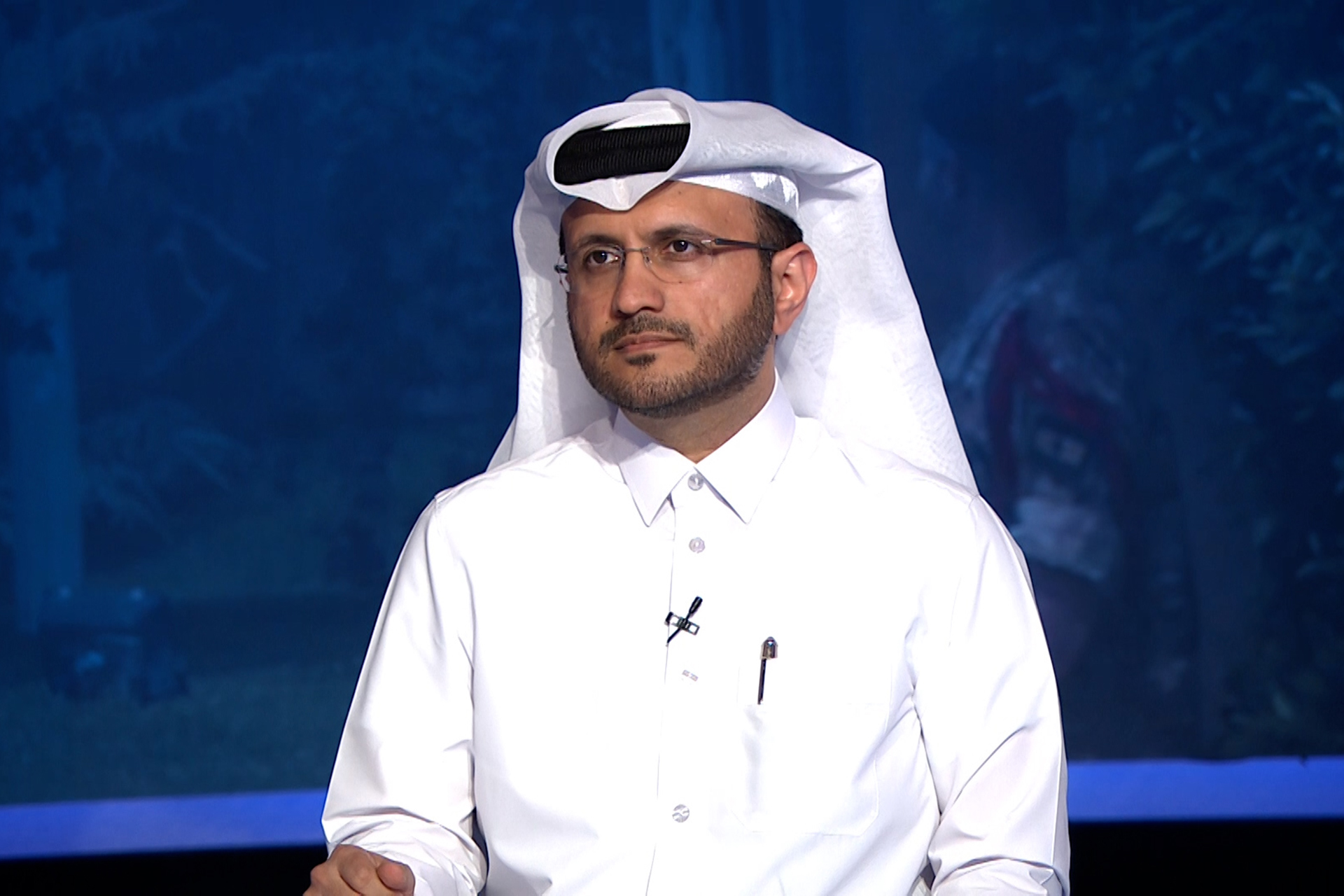The official spokesman for the Qatari Foreign Ministry, Majid Al-Ansari (Al-Jazeera)
Qatari Foreign Ministry spokesman Majid Al-Ansari said that Doha had received confirmations from the Islamic Resistance Movement (Hamas) regarding the receipt of a shipment of medicines based on a Qatari-brokered agreement and that it had begun delivering them to detainees in the Gaza Strip.
Qatar News Agency quoted Al-Ansari as saying that Qatar received these assurances as a mediator in the agreement, which includes the introduction of medicines and a shipment of humanitarian aid to civilians in the Gaza Strip, especially in the most affected and affected areas, in exchange for delivering the medicines needed by detainees in the Strip.
The official spokesman for the Foreign Ministry confirmed the continuation of Qatari mediation in various files with regional and international partners, especially in the exchange of prisoners and detainees, humanitarian aspects, and medical evacuation within the framework of Qatari efforts to end the war in the Gaza Strip.
Earlier today, Al-Ansari stressed that the State of Qatar would continue its efforts aimed at stopping the war on the Gaza Strip and releasing prisoners, stressing that the humanitarian aspect occupies priority in the ongoing negotiations on a new deal.
He pointed out that Doha is continuing its efforts with all parties despite the recent Israeli statements, noting that these statements come in the context of what he described as “personal and political gain, to address internal crises that have nothing to do with the release of prisoners or ending the tragedy that the Gaza Strip is witnessing.”
The Qatari spokesman said that his country “views with great concern the reality of the Palestinian brothers in the northern Gaza Strip, especially in light of the lack of water, food, electricity and medicine,” referring to the ongoing Qatari demands for the necessity of bringing humanitarian aid to all areas of the Gaza Strip, in light of the unprecedented deterioration of the humanitarian situation. .
He rejected the attack on Rafah
In a related context, Al-Ansari pointed out that the situation in Rafah (the southernmost part of the Gaza Strip) is “very worrying,” especially with the presence of about 1.5 million people there, stressing the State of Qatar’s rejection of any Israeli military attack on the city, as it will exacerbate the humanitarian crisis, especially in light of There is no safe place in the sector.
In a related context, Qatar's representative to the United Nations, Alia Ahmed bin Saif Al Thani, stressed the continuation of efforts to reach an agreement on a new humanitarian truce in Gaza and the exchange of detainees and prisoners between Hamas and Israel.
She affirmed her country's strong rejection of any military intervention in the city of Rafah and its strong condemnation of attempts to forcibly displace the residents of the Gaza Strip, and considered Israel's threats regarding Rafah to be a threat to increased levels of violence and destabilization.
On December 1, a temporary truce between Hamas and Israel ended, concluded with Qatari mediation and Egyptian-American support, and lasted for 7 days, during which prisoners were exchanged and limited humanitarian aid was brought into the Strip, which is inhabited by about 2.2 million Palestinians.
Over the past weeks, Doha has intensified its contacts and efforts to seek a new truce and another deal to exchange prisoners and detainees.
Since October 7, 2023, the Israeli occupation army has been waging a devastating war on the Gaza Strip, which led to the death of more than 29,000 people and the injury of more than 68,000, in addition to the destruction of various cities and the displacement and starvation of the population.
Source: Al Jazeera + agencies

